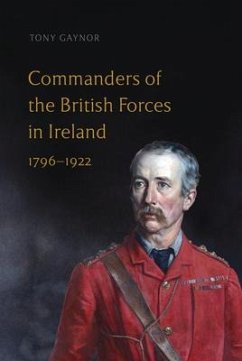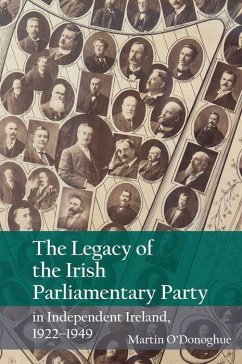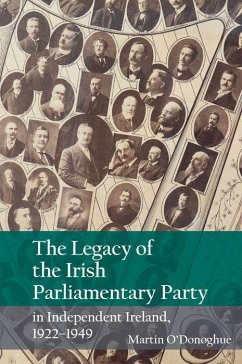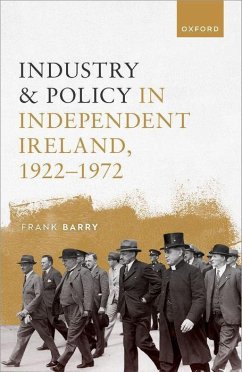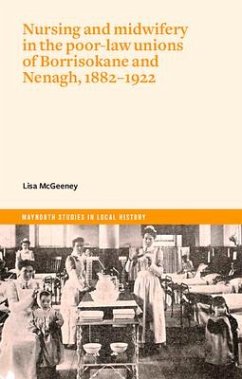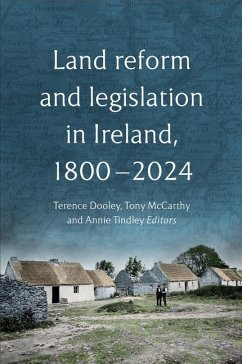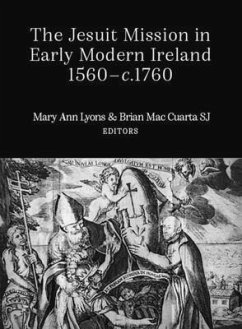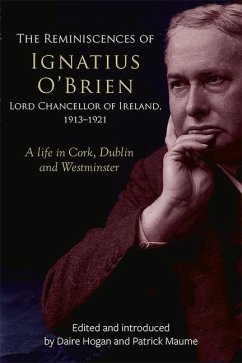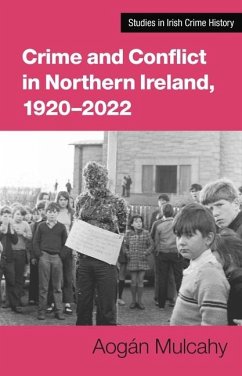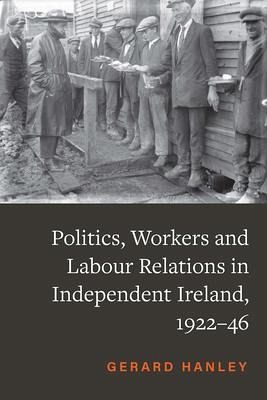
Politics and Workers in Independent Ireland, 1922-46
Versandkostenfrei!
Versandfertig in über 4 Wochen
59,99 €
inkl. MwSt.

PAYBACK Punkte
30 °P sammeln!
This book assesses trade unionism and labour relations from the foundation of the Irish Free State to the establishment of the Labour Court under the Industrial Relations Act 1946. This is the first comprehensive examination of labour relations, in the context of political, social, and economic developments during the early decades of Irish independence. Based on rigorous and extensive research of varied and vast material in British and Irish archives, this book is constructed around three central themes that influenced the development of labour relations in Ireland: the impact of the Civil Wa...
This book assesses trade unionism and labour relations from the foundation of the Irish Free State to the establishment of the Labour Court under the Industrial Relations Act 1946. This is the first comprehensive examination of labour relations, in the context of political, social, and economic developments during the early decades of Irish independence. Based on rigorous and extensive research of varied and vast material in British and Irish archives, this book is constructed around three central themes that influenced the development of labour relations in Ireland: the impact of the Civil War, the extent and impact of unemployment, and the development of trade unions in the formative decades of independent Ireland. It provides a unique, stimulating, and thought-provoking account of how successive governments and the trade union movement engaged with one another and contributed, in various ways, to the development of Ireland's labour relations norms. This evolution was often difficult, divisive, and halting. At times it was violent.



